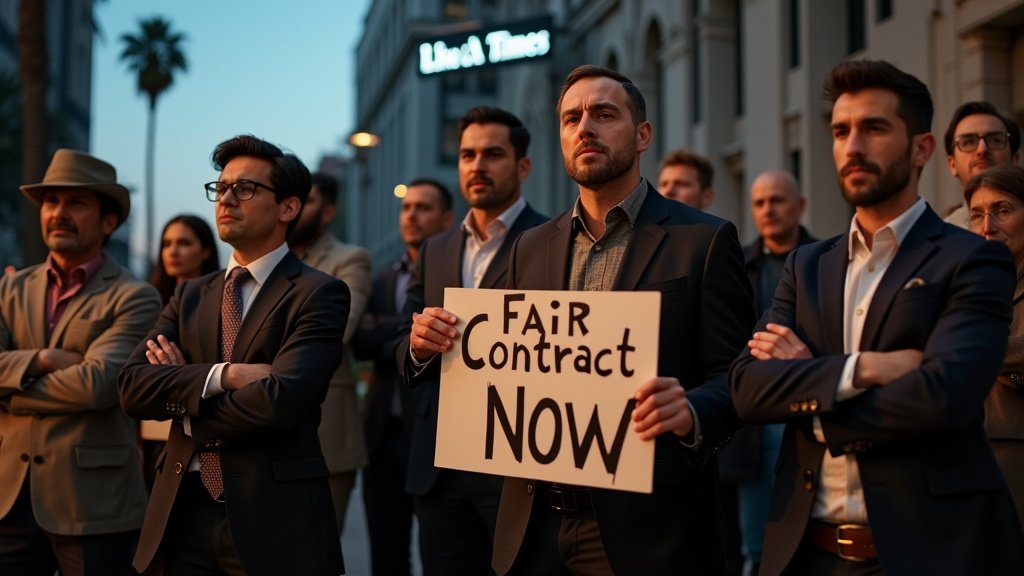WASHINGTON D.C. — Undocumented immigrant communities across the United States are reportedly experiencing a profound climate of fear, leading many to severely restrict their daily lives and activities in response to escalated enforcement actions by U.S. Immigration and Customs Enforcement (ICE).
This pervasive anxiety is forcing individuals to make difficult choices, sometimes prioritizing concealment over critical needs. A stark illustration of this situation involves a man from Guatemala diagnosed with leukemia, who, according to reports, has postponed necessary chemotherapy treatments out of intense fear of visiting a hospital where he believes he could be apprehended.
Impact on Daily Life and Health
The fear of detection has driven many undocumented residents into a state of self-imposed lockdown. Simple errands, trips to school, work commutes, and even necessary medical appointments are being avoided. The case of the Guatemalan man with leukemia underscores the potentially life-threatening consequences of this fear, highlighting the severe human cost when individuals are afraid to seek essential healthcare for fear of immigration enforcement.
Community advocates and observers note that this reluctance extends beyond healthcare, impacting access to social services, legal aid, and participation in community life. The constant threat of apprehension creates an environment where remaining invisible is perceived as the safest option, effectively trading fundamental freedoms and access to vital services for a precarious sense of security within the confines of their homes and immediate surroundings.
Recent Enforcement Actions and Data
Contributing significantly to this climate of fear are recent, highly visible ICE raids. Notably, enforcement actions took place in locations such as East LA on Wednesday, June 25th. Such operations, often conducted with little public notice, amplify anxieties within immigrant communities and reinforce the perception of widespread, imminent risk of detention and deportation.
Official data released by the Department of Homeland Security (DHS) appears to correlate with the reported increase in enforcement activity. According to DHS data, over 1,600 immigrants were detained in Southern California alone this month as of June 25th. This statistic provides a tangible measure of the scale of recent enforcement efforts in a significant region with a large immigrant population, further underscoring the basis for the heightened fear.
A Climate of Anxiety
The ripple effect of these enforcement strategies extends beyond individuals directly targeted, permeating the broader community of California residents. The constant visibility of immigration enforcement activities and the knowledge of detentions foster widespread unease.
This situation has led to a palpable sense of vulnerability among residents, particularly those of Latino descent. One sentiment frequently described within these communities is being “scared to be brown,” reflecting the fear that perceived ethnicity or appearance can lead to unwanted scrutiny and interaction with immigration authorities, regardless of individual immigration status or activity.
Conclusion
The reported increase in ICE activity has precipitated a crisis of confidence and safety within undocumented communities across the United States, particularly evident in Southern California. The resulting climate of fear is compelling individuals to severely restrict their movements and forgo essential services, including critical medical care, in an effort to avoid detention.
With over 1,600 detentions reported in Southern California this month alone as of June 25th, according to DHS data, and raids continuing in areas like East LA, the anxieties expressed by residents, including the fear of being targeted based on appearance, highlight the far-reaching human consequences of current immigration enforcement policies on the daily lives and well-being of undocumented populations and their communities.





